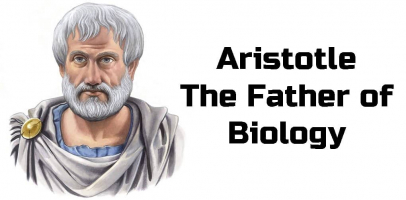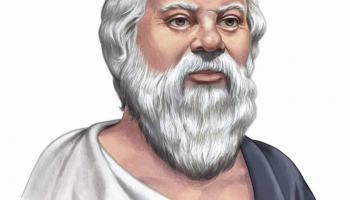Top 5 Contributions of Hippocrates
Up until Hippocrates started to make significant advancements in the realm of medicine, the ancient Greeks knew little about the disease. Hippocrates is ... read more...referred regarded as "the father of medicine" since he is credited with the development of several contemporary treatments. Hippocrates disproved the notion that sickness was a portent at the time and demonstrated that there were actual, physiological causes for diseases. We'll talk about the top 5 contributions of Hippocrates in this article.
-
The illness, which is characterized by the swelling or bloating of the fingers, was first identified by Hippocrates. It is one of the signs of Eisenmenger's syndrome, a chromosomal condition that causes pulmonary hypertension and congenital cardiac abnormalities. Hypertrophic osteoarthropathy is the term used to describe it when it coexists with joint effusions, joint discomfort, and abnormal skin and bone development. Nobody was aware of the problem at the time. Clubbing has been understood to be a sickness indication at least since Hippocrates. The condition is known as "Hippocratic fingers."
Digital clubbing has been linked to several underlying pulmonary, cardiovascular, neoplastic, infectious, hepatobiliary, mediastinal, endocrine, and gastrointestinal illnesses since Hippocrates first reported it in individuals with empyema. Without a clear underlying condition, finger clubbing can also arise idiopathically or as a Mendelian dominant characteristic. The word "clubbing" refers to the uniform, bulbous expansion of the soft tissue in the terminal phalanx of a digit, which causes the usual angle between the nail and the nail bed to disappear.
There are primary (i.e., idiopathic, inherited) and secondary types of digital clubbing. Digital clubbing can be unilateral, bilaterally symmetric, or just affect one digit. The prevalence of finger clubbing is unclear, however, it was seen in roughly 1% of patients hospitalized in a hospital's internal medicine department.

vi.wikipedia.org JJ Medicine - youtube.com -
Hippocrates was an excellent doctor who wished for all those who followed him to adhere to the same set of values and ethics. As a result, he suggested the Hippocratic oath, which contains the guidelines that all medical professionals must adhere to. All doctors are required by their oath to do their duties honestly and without violating any patient rights. The oath begins by swearing to the gods and lays forth a set of guidelines that must be followed.
He incorporated the oath into his Hippocratic Corpus. Abortion is one instance of immoral conduct mentioned in the oath. Hippocrates also asserts that those who uphold his pledge will build a solid reputation among medical professionals. The traditional Hippocratic Oath contained a promise to practice medicine to the best of one's abilities and judgment and to submit, where required, to the knowledge of skilled surgeons. This is similar to current rules of medical ethics. The oath also contained a vow to maintain patient confidentiality, which was possibly the first one made for professional practice in writing. Now, at graduation, the majority of medical students take this pledge.
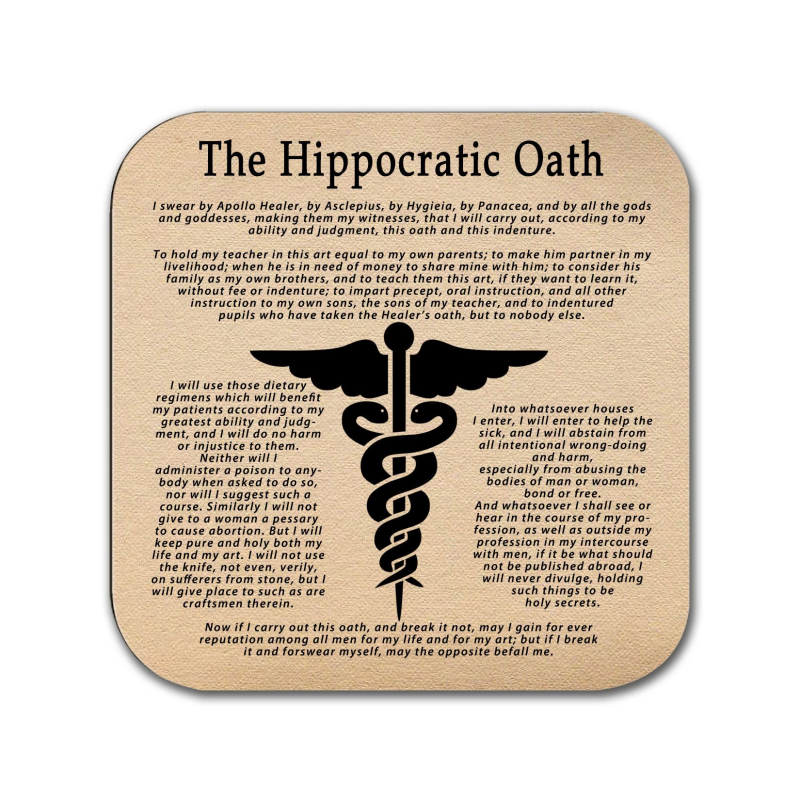
absn.northeastern.edu CBS Sunday Morning - youtube.com -
An empyema, also known as empyema thoracic, is an accumulation of pus and fluid between the two lung pleura brought on by bacteria or other microbes. Inflammatory respiratory illness is another name for it. Antibiotics and chest-tube drainage can help to heal it. It can cause pneumonia if left untreated. Cough, fever, and chest discomforts are the disease's primary signs and symptoms. Hippocrates was able to diagnose the ailment without the use of these contemporary methods, however nowadays a CT scan and X-ray are used to make the diagnosis.
Pleural fluid accumulation, the development of fibrous septa in the membranes, and the inability to properly inflate the lungs are the disease's three primary phases. The first doctor to accurately explain pneumonia and pleural effusion was Hippocrates. He had developed a combination procedure that involved tracheal intubation and a thoracotomy at the same time to treat empyema thoracic. The surgical incision served as a conduit for the gradual outflow of pus. He had proposed giving nutritious mixes through an oral-gastric tube if the patient was too weak to eat. Thus, Hippocrates created in his operating room, an emblem comparable to contemporary surgical procedures. Before Hippocrates discovered a remedy, this sickness frequently resulted in death and might spread to all lung sections. Both toddlers and adults often have it.
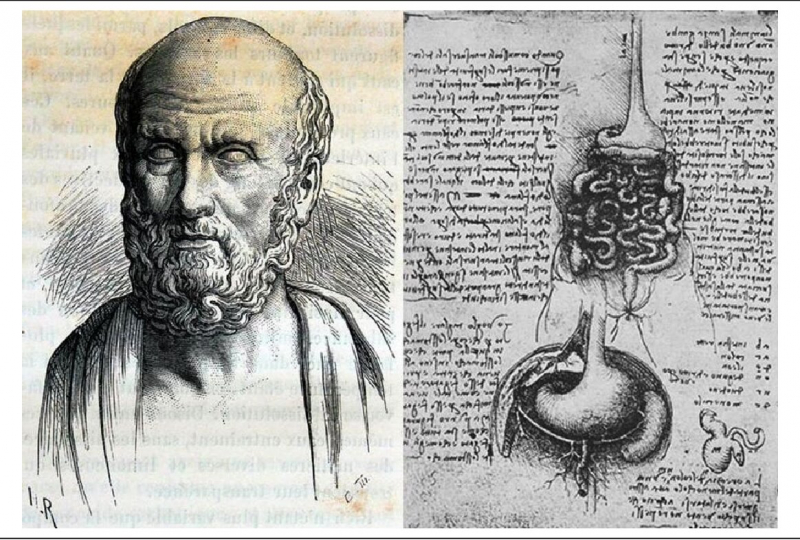
www.semanticscholar.org Chest Courses - youtube.com -
Hippocrates described epilepsy as a nerve system ailment in his work On the Sacred Disease. Hippocrates refuted the claim that epilepsy is a holy sickness, asserting that he did not believe that the sacred disease is any more divine or sacred than any other disease and that, instead, epilepsy has a nature and a clear cause, just as other diseases do. As a result, the causes of this allegedly sacred sickness are the same as those of all other diseases, each of which has a distinct character. He thought that the disorder started with the accumulation of phlegm in the cerebral veins and can progress to mental sickness.
Some people get epilepsy from birth, while others do so later in life. Hippocrates observed that epilepsy was a leading cause of death in young infants. Epilepsy was deemed "holy" by the ancient Greeks, and Hippocrates thought it demonstrated how the brain could regulate the body. The inability to breathe was brought on by a blockage in the head's veins, which led him to speculate that the brain was the ultimate cause of death. He noted that the primary signs of epilepsy were trembling and cerebral tightness. The aura is one of the early seizure warning indicators that only the patient is aware of. Men simply think it is a heavenly illness because they are unaware and amazed.
To treat patients effectively and correctly, the doctor must recognize and differentiate the true causes of epileptic episodes. One of the most significant and unique contributions to the history of medicine was made by Hippocrates when he claimed that epilepsy was a brain illness rather than a sacred one. Hippocrates altered the basic nature of the scientific and humanistic profile of medicine by linking actual medical knowledge with ethics.
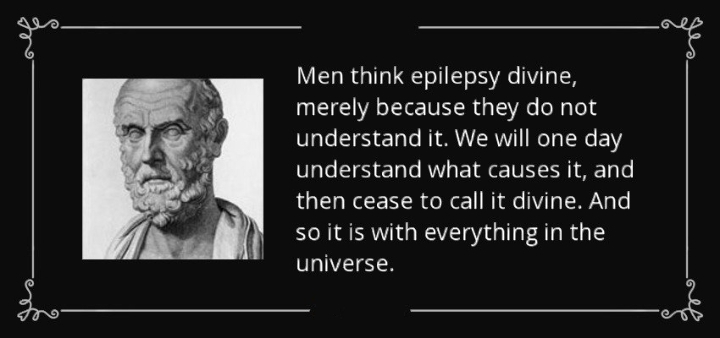
www.azquotes.com Neurophysiology - youtube.com -
Despite its subpar medical philosophy, the Hippocratic school of medicine did a good job at describing the human rectum's problems and how to cure them. A condition of the rectum and anal canal is hemorrhoids or piles as they are more generally known. It was considered to be difficult to treat in ancient Greece and was believed to be brought on by an overproduction of bile and phlegm. Hippocrates was the first to classify this ailment, which is today understood to be brought on by an enlargement of the blood vessels in the lower abdomen.
Hippocrates was the first to utilize the rectal speculum, a useful diagnostic tool for doctors, to find inside illnesses. It is used to find malignancies and internal inflammation and is placed through the anus. Hippocrates is also advised to use several salves as additional treatments. Hemorrhoids are still treated today by burning, strangling, and excising. Hippocrates utilized a variety of tools similar to these to diagnose illnesses, and he instructed his pupils on how to correctly use each tool and when to use it. Additionally, he created tools that might be utilized in surgery. Some of the core proctoscopy principles described in the Hippocratic Corpus are being utilized today
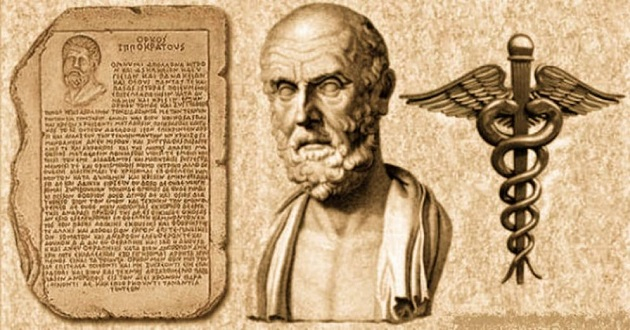
www.thoughtco.com 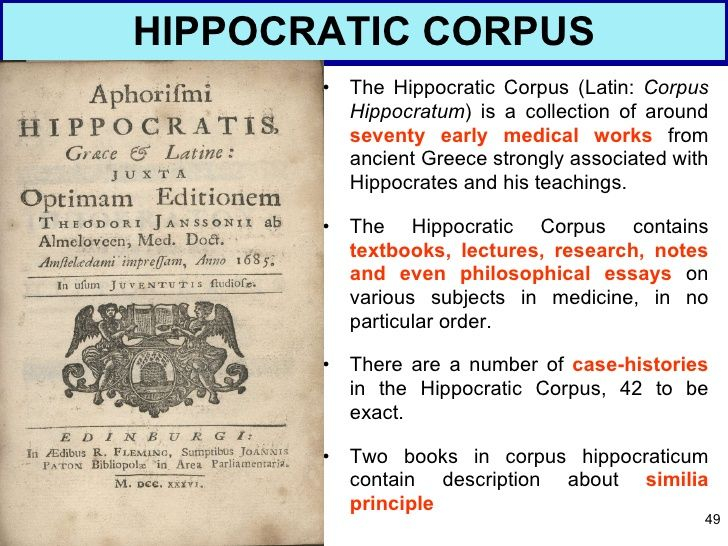
www.thoughtco.com







